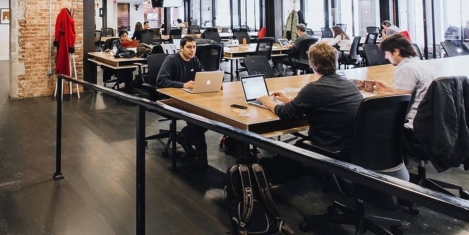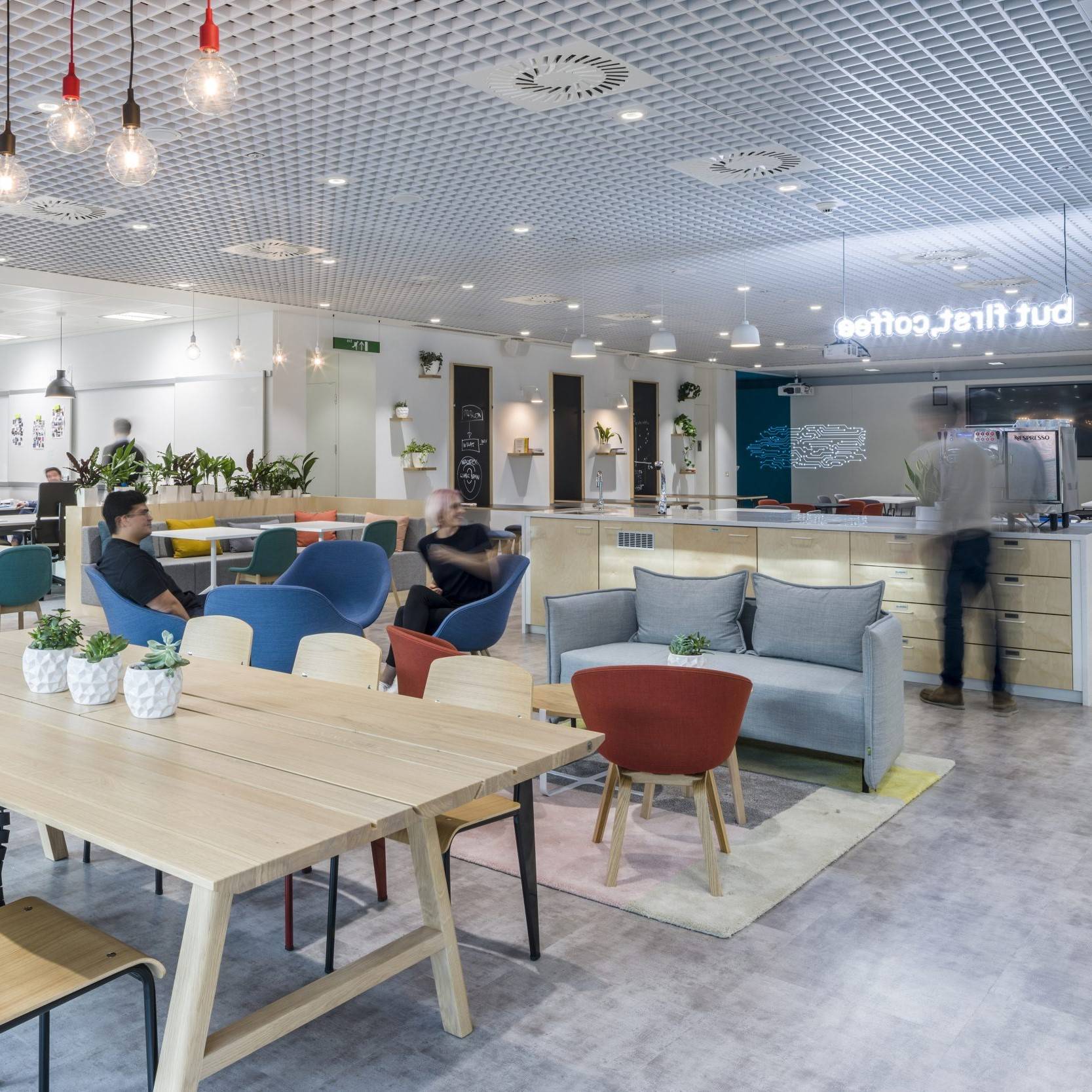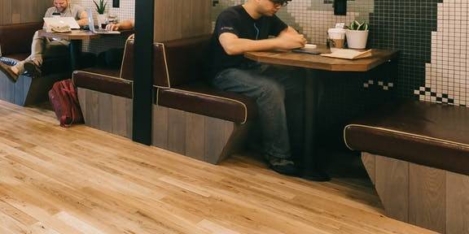June 12, 2018
Pay rates for senior management reflect longer working hours argues CMI
 Business Secretary Greg Clark proposed new laws in Parliament yesterday (June 11th) that new large firms will have to justify their chief executives’ salaries and reveal the gap to their average UK worker. It means that for the first time, UK listed companies with more than 250 UK employees will have to disclose and explain this difference – known as ‘pay ratios’ – every year. However, according to data published today by the Chartered Management Institute (CMI) and XpertHR, basic salaries for senior managers have fallen in real terms, with inflation overtaking pay increases for the first time in five years. At a time when government are shining a light on executive pay, and linking it via a ratio to workforce pay, separate CMI research has found managers worked an extra 44 days a year last year over and above their contracted hours – up from 40 days extra in 2015. The same research found 59 percent of managers are ‘always on’, frequently checking their emails outside of work and one in 10 had been forced to take sick leave because of stress.
Business Secretary Greg Clark proposed new laws in Parliament yesterday (June 11th) that new large firms will have to justify their chief executives’ salaries and reveal the gap to their average UK worker. It means that for the first time, UK listed companies with more than 250 UK employees will have to disclose and explain this difference – known as ‘pay ratios’ – every year. However, according to data published today by the Chartered Management Institute (CMI) and XpertHR, basic salaries for senior managers have fallen in real terms, with inflation overtaking pay increases for the first time in five years. At a time when government are shining a light on executive pay, and linking it via a ratio to workforce pay, separate CMI research has found managers worked an extra 44 days a year last year over and above their contracted hours – up from 40 days extra in 2015. The same research found 59 percent of managers are ‘always on’, frequently checking their emails outside of work and one in 10 had been forced to take sick leave because of stress.




































May 17, 2018
What exactly is driving the global workplace conversation?
by Andrew Mawson • Comment, Facilities management, Workplace design
(more…)